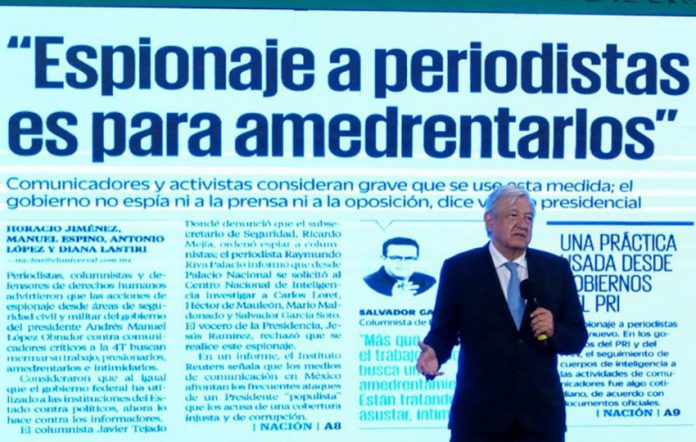The federal government is spying on journalists who are critical of it as a means to intimidate them, say some media professionals, but President López Obrador denies the accusation.
A report published Thursday by the newspaper El Universal cites journalists, columnists and human rights defenders who say the government is targeting journalists who maintain critical positions against “the fourth transformation,” the self-anointed nickname of López Obrador’s administration.
“In interviews, they regarded espionage against communicators as regrettable, serious and worrying and charged that just as the fourth transformation has used government institutions against politicians, it is now doing so against journalists,” the newspaper said.
Those interviewed by El Universal also condemned the president’s discourse, in which he denies any government espionage and says that he is different. “However, in practice, he’s the complete opposite, and he does the same thing against journalists who are uncomfortable for his administration that previous governments and presidents did,” the paper said.
El Universal columnist Javier Tejado Dondé claimed on Wednesday that Deputy Security Minister Ricardo Mejía Berdeja has ordered spying on him and other columnists critical of the government’s move to create a national registry of mobile phone users.
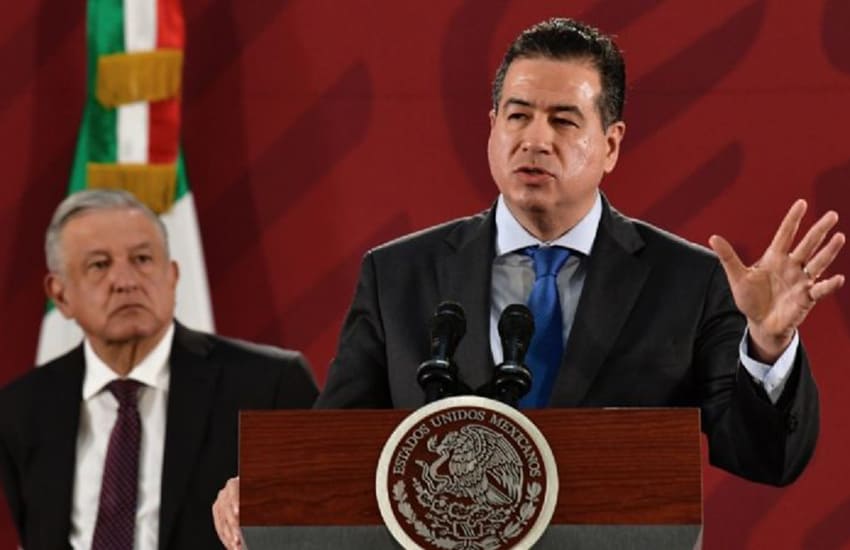
Writing in the newspaper El Financiero, political columnist Raymundo Riva Palacio asserted that the National Intelligence Center (CNI) has been asked to investigate El Universal journalists, including Carlos Loret, Héctor de Mauleón, Mario Maldonado and Salvador García Soto because their columns and articles criticized the federal government.
“More than diminishing journalistic work, [the government] is seeking to intimidate; they’re trying to frighten [journalists], intimidate [them],” García Soto told El Universal.
In the article, De Mauleón said espionage against journalists is unacceptable, especially given that government officials have publicly rejected authoritarian practices, censorship and violations of freedom of speech. He charged that the head of the CNI, Audomaro Martínez, and Defense Minister Luis Cresencio Sandoval have both ordered spying on journalists.
In April, the newspaper El País reported that during the past two years, the federal Attorney General’s Office (FGR) has spent millions of dollars on software to conduct cell phone and internet espionage on a massive scale. The previous government also purchased spyware that it used to attempt to spy on journalists, human rights defenders and other government critics.
“What the [current] federal government is doing, spying on journalists, is a crime; it’s an issue related to freedom of speech and democracy because if there is no freedom of speech, there is no democracy. I think it’s terrible, worrying,” Maldonado told El Universal.
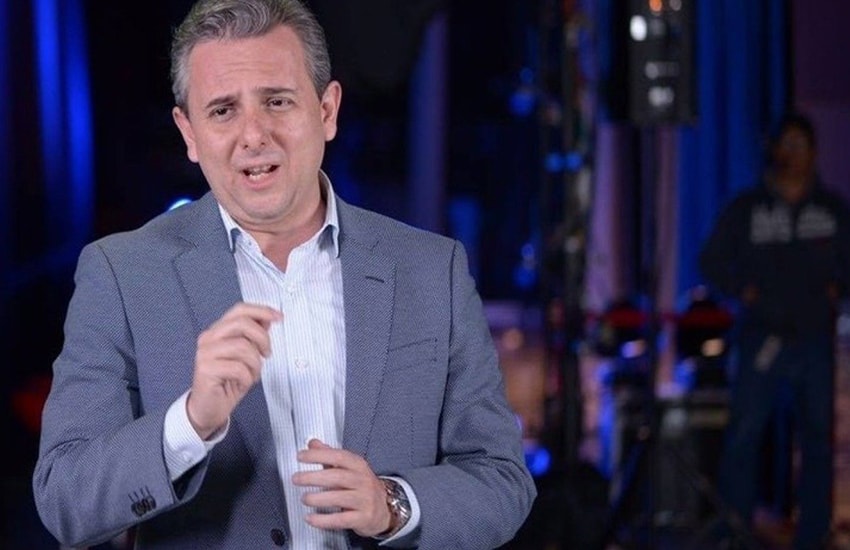
Luis Cárdenas, another El Universal columnist and radio presenter on the station MVS Noticias, said government espionage against journalists amounts to a campaign of harassment.
“The worst thing about all this is that a government that starts to harass journalists ends up turning into a dictatorial government,” he said. “We have an example very close by, and it’s the example of Nicaragua. I don’t know if the ideal of President López Obrador is to become an imitation of [Nicaraguan President] Daniel Ortega or [Venezuelan President] Nicolás Maduro and for everyone to become a mere clapping seal of his fourth transformation,” he said.
José Antonio Crespo, a political scientist and columnist for El Universal, said he was unsurprised by the claims of spying because López Obrador regularly rails against journalists critical of him at his morning press conferences. The president can’t bear criticism, he added.
Indeed, López Obrador announced Wednesday that debunking fake news — or what the federal government classifies as such — is about to become a regular feature of his daily pressers.
Jan-Albert Hootsen, Mexico representative of the Committee to Protect Journalists, told El Universal that if it is proven that “there are effectively espionage operations directed toward columnists and other journalists, it would be quite a serious issue and something that must be investigated transparently and exhaustively.”
“President López Obrador promised that this wouldn’t occur in his government; he must keep that promise,” he added.
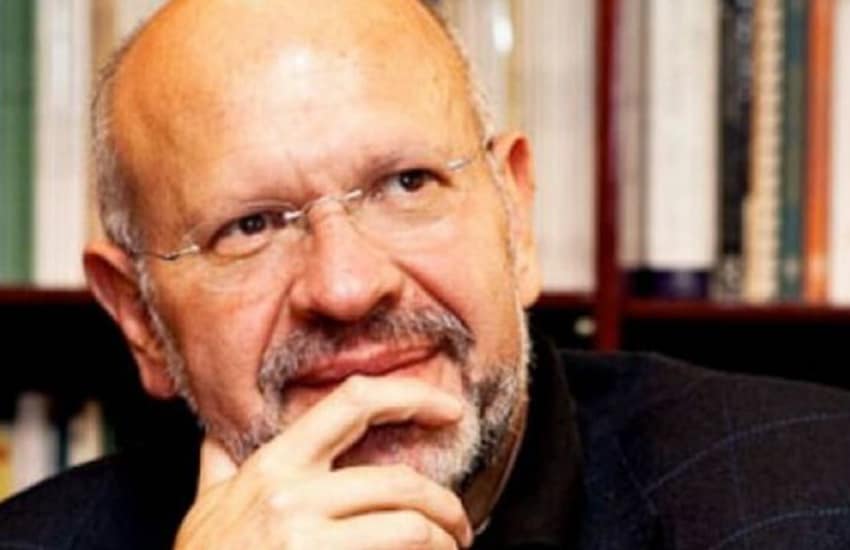
María Elena Morera, president of Causa en Común, a government watchdog, said it was “absurd and immoral” that the government is spying on journalists at a time when the country is plagued by high levels of violent crime.
Francisco Rivas, director of the National Citizens Observatory, a crime watch group, called on the FGR to investigate.
He described Mejía, the deputy security minister, as someone to be feared because “he operates at the limits of what’s legal and what’s illegal.”
López Obrador on Thursday categorically rejected the espionage claims published in El Universal.
“It makes no sense to think that we’re going to be spying [on journalists], it’s false,” he told reporters, adding that investigating the claims is pointless.
“… This newspaper [El Universal] is dedicated to defaming; it’s the underworld of journalism,” López Obrador said.
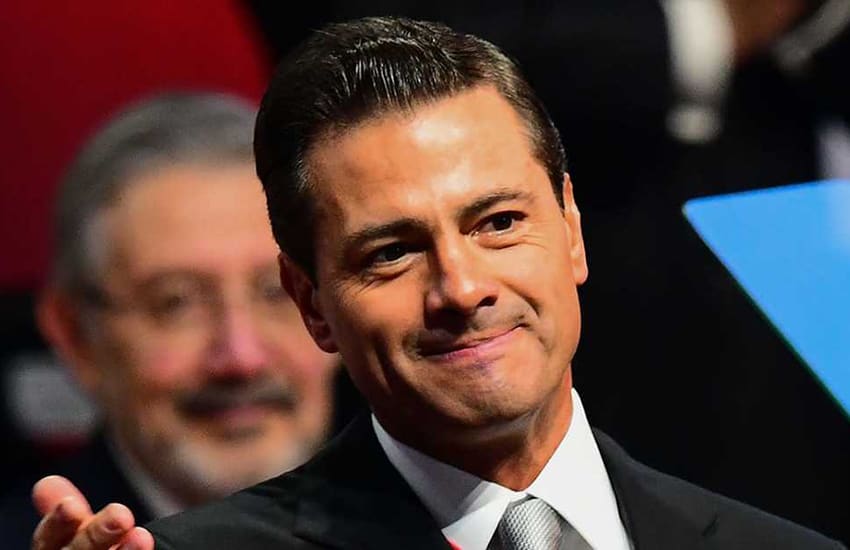
“… Why would we spy on them if they [journalists] are predictable? … We have principles, we have ideals; we’re not like them or their bosses. … We’re not going to spy on anyone; we’ve never done it. What sense would it have [to spy on them] … if we already know they’re against us,” he said.
The president’s communications coordinator also rejected the espionage claims.
“The federal government doesn’t spy on anyone from the press or the opposition. There is no political espionage in this government,” Jesús Ramírez said. “Not military intelligence nor the Public Security Ministry or the CNI; nobody spies in this government.”
With reports from El Universal and Infobae
